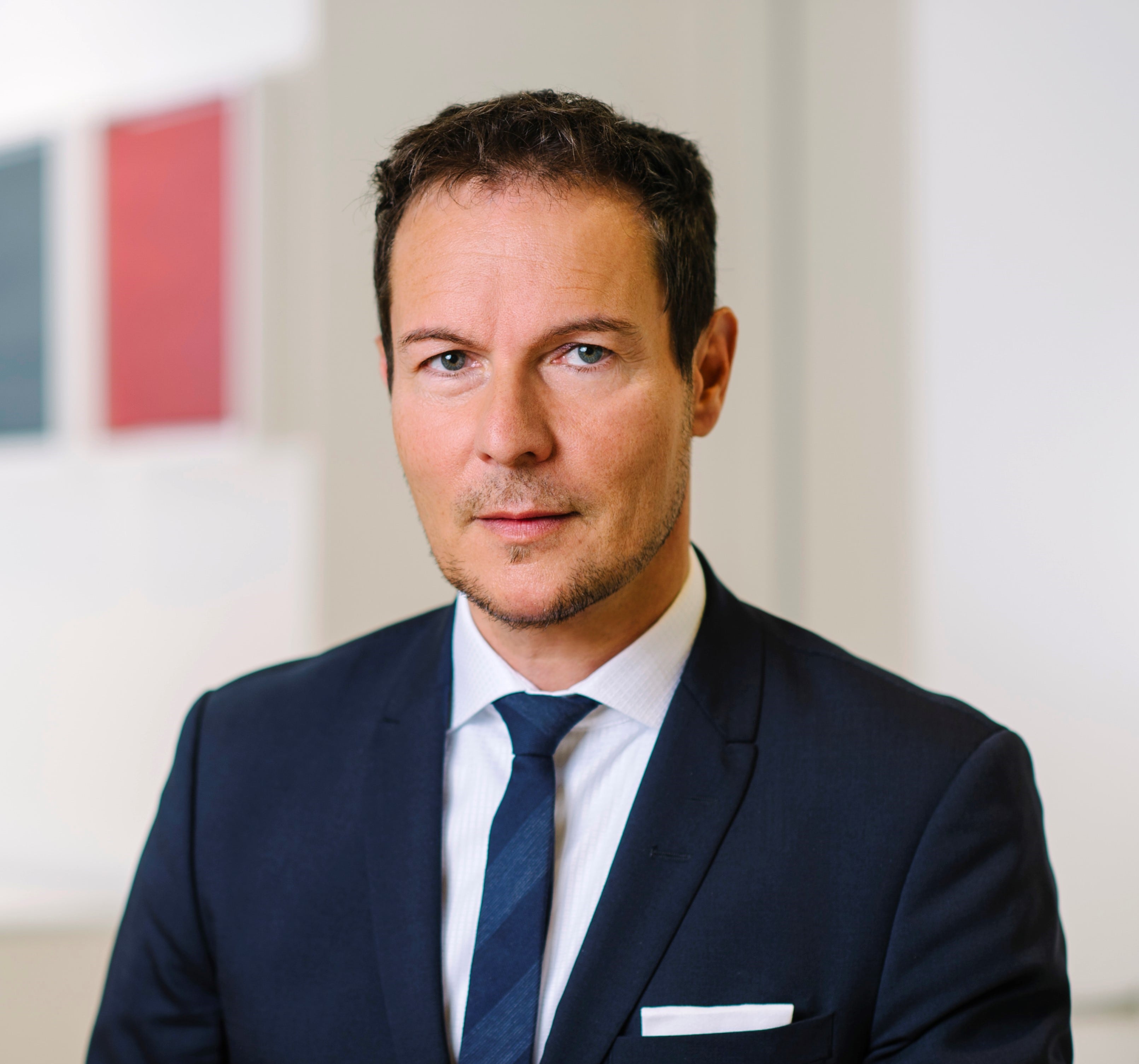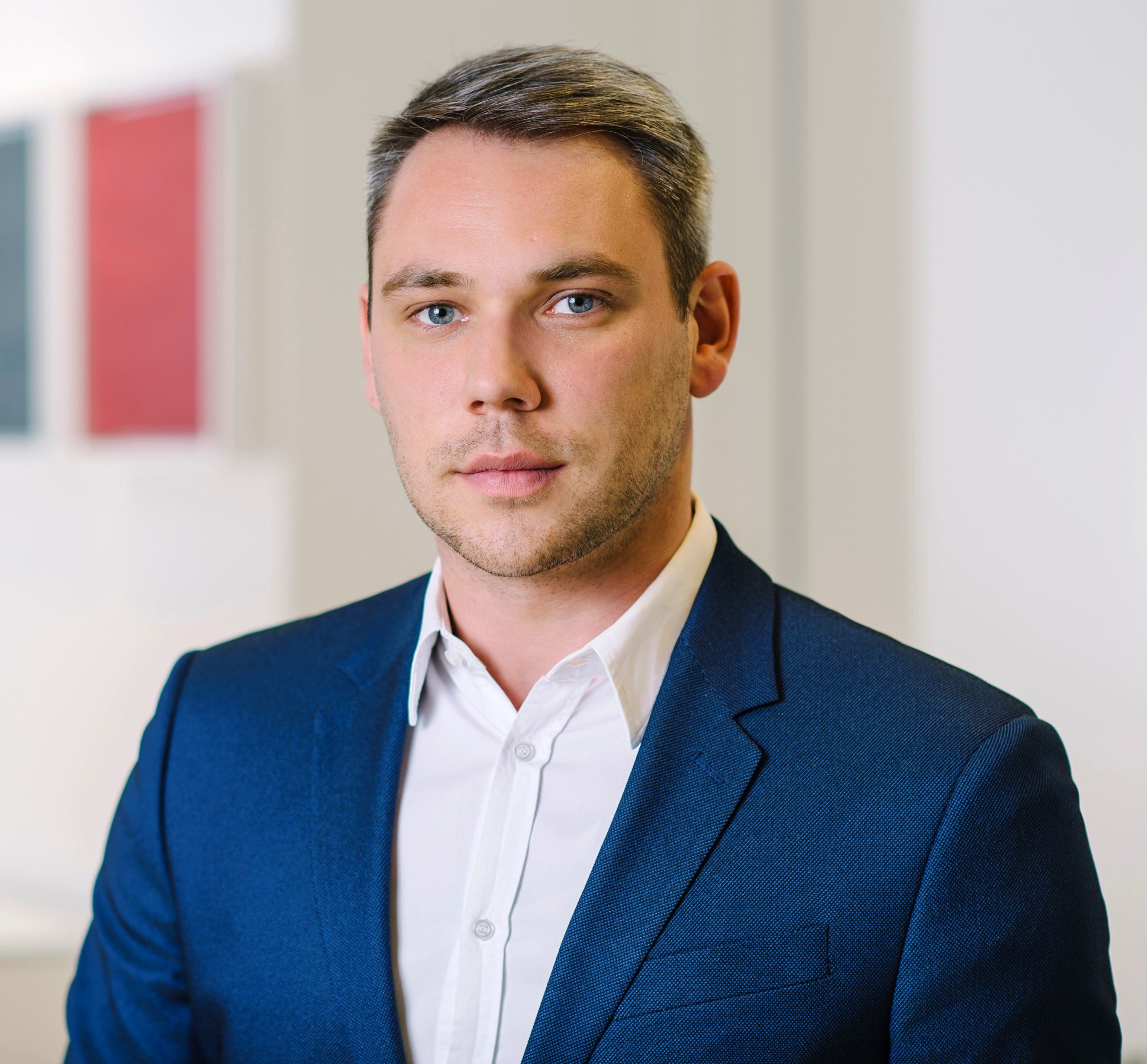Private equity companies, having raised the necessary funds, face the challenge of investing their capital profitably. The market is becoming increasingly competitive, partly because international investors are joining the fray. Investment strategies frequently focus on the “hidden champions” among Germany's small and medium-sized enterprises.
In the case of growth financing in suitable target companies, the investment strategy of private equity companies is characterised by a favourable risk/return ratio. The target company should also boast a stable cash flow and/or appropriate EBITDA figures.
PE transactions often take the form of a leveraged buy-out (LBO) – this means that the investment has been made largely on the strength of borrowed capital. The aim is to generate as high a return as possible on the invested equity capital. Increasing the equity return is described as the leverage effect. It depends on total profitability being higher than interest on the borrowed capital. Management buy-outs (MBOs) are relatively common, but result in a number of operative challenges that have to be overcome.
Challenges to private equity companies
Origination
The biggest challenge faced by a private equity company is to identify the right targets. Compatibility with the above-mentioned value drivers (EBITDA, cash flow and risk/return ratio) is important, but the target must also match the individual investment strategy, which is often geared to sales levels, sectors and the existing network. Proprietary deals are generally sought, as the purchase price in such cases is often commensurate with expected performance. Considerable networking is required if this strategy is to succeed.
Management access
Once a potential target has been identified, the next question is often “How can I make an initial, discreet approach to the company / its shareholders?” This fundamental issue can make or break a deal. Communication is key.
Due diligence
Due diligence is essential if the potential of a target is to be assessed accurately. This is a virtually impossible task unless the right industry experts from the same sector as the target are involved. However, it is also a good idea to bring in experts from the respective sales markets, as they are familiar with customer requirements and can provide referenced access to potential contacts. Here, too, intensive networking is also indispensable.
Management / supervisory board
The purchase and future development of the company stands and falls with the management and supervisory board. Management constitutes the link between the financial investor and the business operations of the portfolio company. A detailed selection process is imperative with a view to minimising the risk.
LSG & Langanke AG has geared its services to tackling the raft of extremely demanding challenges that face private equity companies. We provide our private equity clients with exclusive networking; among other things, we pledge to contact the right people in the right sectors at all the right stages of the process. We work closely with our clients to define potential sectors, sub-sectors and target companies.







